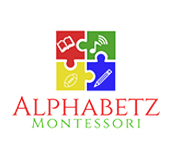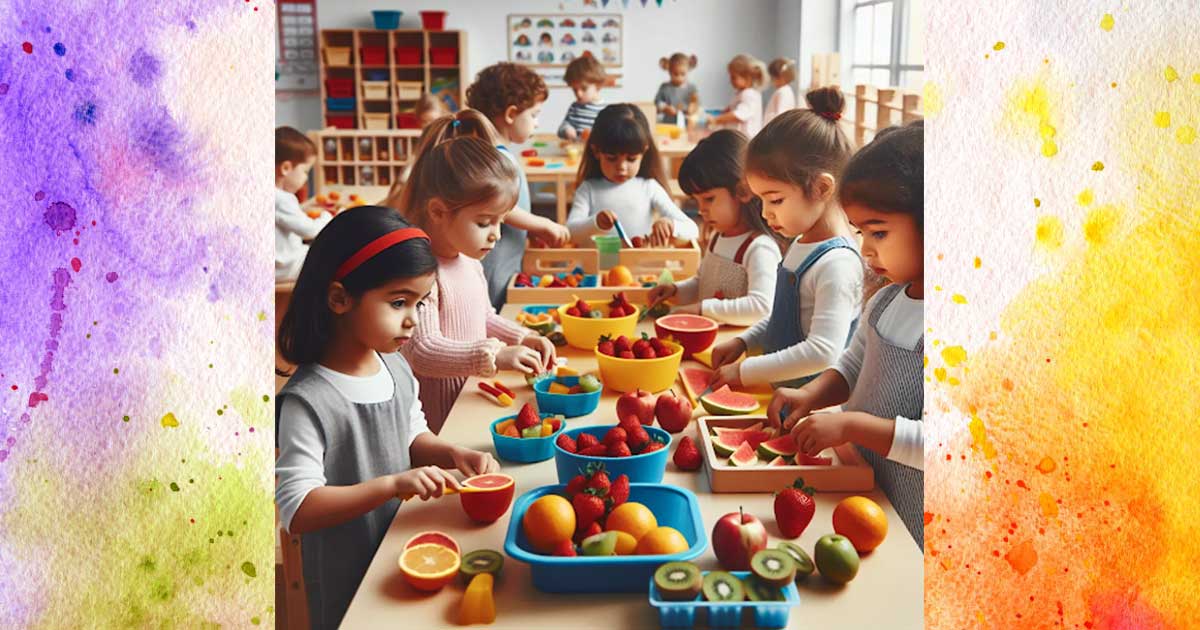Montessori & STEAM: Shaping Future Innovators
Introduction: The Fusion of Montessori and STEM In an era where technology and innovation drive the global economy, the fusion of Montessori education and STEM (Science, Technology, Engineering, Mathematics) has never been more critical. Montessori education, known for its emphasis on independence, hands-on learning, and self-directed activity, is increasingly incorporating STEM activities into its curriculum. This integration is preparing children not just for any future, but for one that is heavily reliant on STEM skills.…


